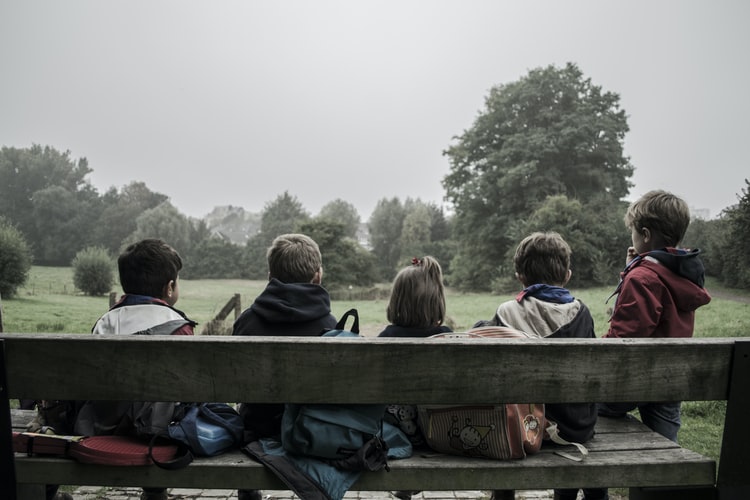One of the greatest concerns parents of children with hearing loss have is whether they’ll make friends and develop social skills alongside their normal-hearing peers. While treating hearing loss is an important first step, there are other strategies you can employ as well. Below we’ve compiled tips for helping your child develop these necessary skills both early in life and during the school years.
The Early Years
- Schedule play dates. Even when your child is very young, it’s beneficial for them to learn how to interact with others their age. It is also helpful for them to see you, their parent, interact with your peers. Be sure to model healthy communication strategies you want them to develop.
- Join a music class. Music is an important part of auditory development. Your child will enjoy participating along with others their age.
- Make your environment auditory-friendly. Whether your child uses hearing aids or a cochlear implant, excessive background noise is challenging. Make sure to eliminate background noise like the TV or radio when your child is playing or interacting with others.
- Educate other parents. It’s important for everybody – both your family who is impacted by hearing loss on a daily basis and other families who aren’t – to destigmatize hearing loss. Talking with other parents about your child’s loss, treatment and developmental goals will help accomplish this.
- Teach empathy. An essential component of friendship is the ability to gauge others’ emotions and respond appropriately. You can do this by taking advantage of every opportunity to talk about your child’s and other family members’ emotional states and how to work through them.
The School Years
- Meet other families. If your child makes a friend at school, reach out to their parents and schedule a playdate. It is often the case that one good friendship opens the door to others.
- Enroll in after school activities. Whether your child is interested in sports, singing, acting or science, it’s important to give them an outlet to explore their hobbies with other kids they share commonalities with.
- Talk to your child’s teachers. Be sure to talk to your child’s instructor about your child’s hearing loss, including what their needs are to succeed and what your goals are for their development. Ask the teacher to contact you if they have any concerns.
- Identify and address problems early. If you notice your child playing mostly by themselves or, conversely, acting domineering because they are unaware of those around them, address the issue early and help guide them to make choices that will foster healthy friendships.
For more information or to schedule an appointment, call SH Audiology today.

